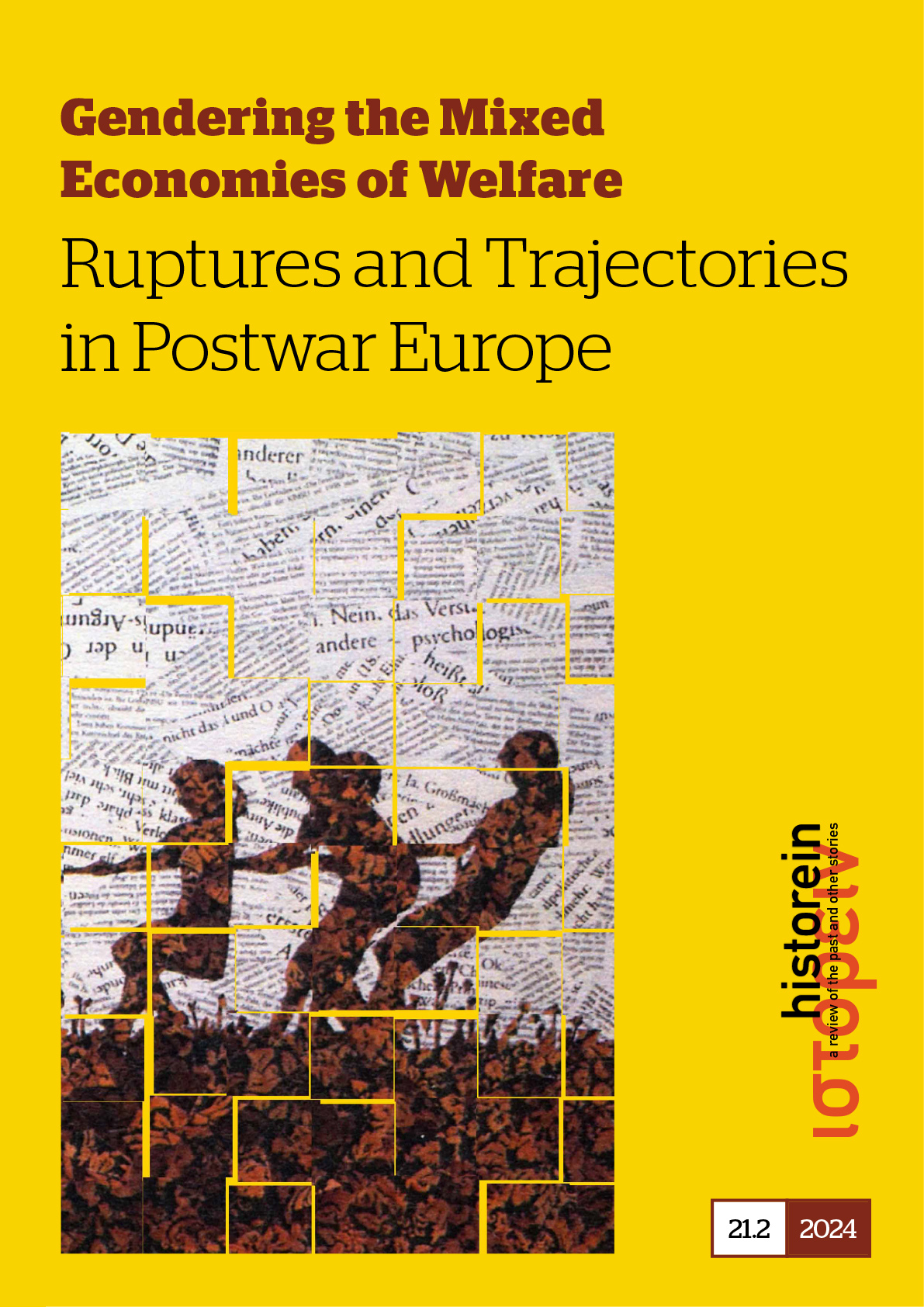Did the Maids Return? The Long History of Devaluing Care Work and the Mixed Economy of Welfare

Abstract
For several years now, sociologists studying paid domestic care work have been arguing that the servant culture of the nineteenth century has returned. They focus on specific forms of care work: that done as informal or illegal employment, mostly carried out by migrants. To an historian, such a reference to the past is most intriguing. This article looks at the servant of the past to shed new light on the emergence of an informal labour market for care work. After outlining the arguments of sociologists about “the return of the maids”, it looks back at the history of servants. What was their role regarding long-term care for older disabled people? Furthermore, it sketches the changes regarding professional care at home and, finally, sheds some light on the emergence of a shadow market where migrants offer their services. In doing so, families should be brought into focus as agents of care within the mixed economy of welfare.
Article Details
- How to Cite
-
Kramer, N. (2024). Did the Maids Return? The Long History of Devaluing Care Work and the Mixed Economy of Welfare. Historein, 21(2). https://doi.org/10.12681/historein.34593
- Section
- ARTICLES

This work is licensed under a Creative Commons Attribution-NonCommercial-ShareAlike 4.0 International License.
The copyright for articles in this journal is retained by the author(s), with first publication rights granted to the journal. By virtue of their appearance in this open access journal, articles are free to use (with the exception of the non-granted right to make derivative works) with proper attribution for non-commercial uses (licence Creative Commons 4.0). EKT/NHRF retains the worldwide right to reproduce, display, distribute, and use articles published in Historein in all formats and media, either separately or as part of collective works for the full term of copyright. This includes but is not limited to the right to publish articles in an issue of the Journal, copy and distribute individual reprints of the articles, authorize reproduction of articles in their entirety in another EKT/NHRF publication, and authorize reproduction and distribution of articles or abstracts thereof by means of computerized retrieval systems.

